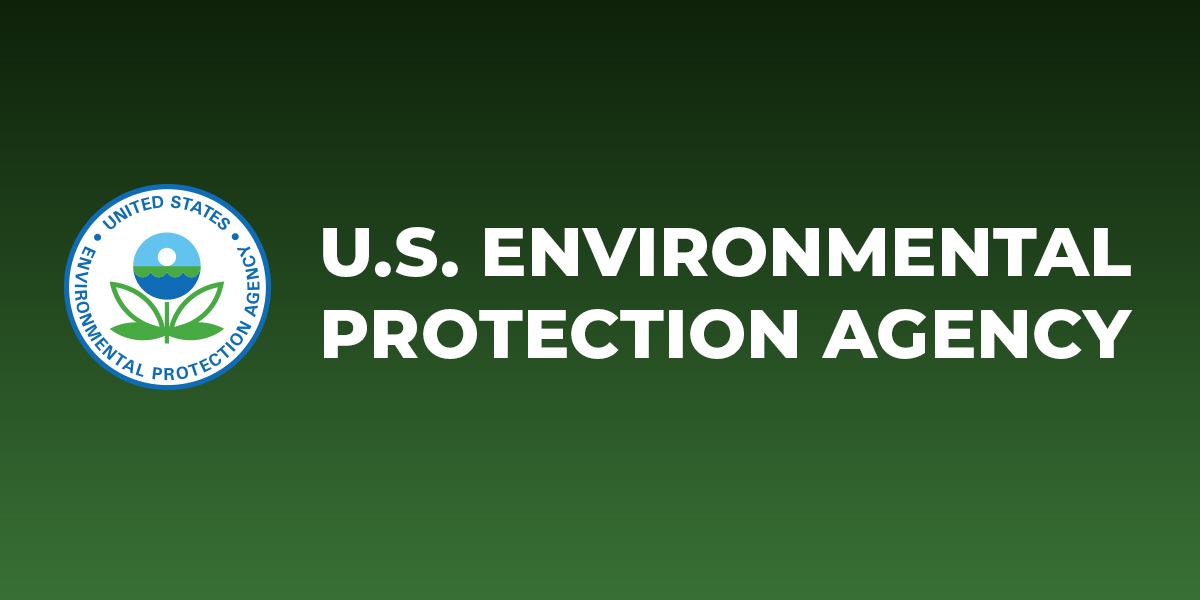Why do we need EV tax rebates? To incentivize people to buy EVs, because they're better for the environment. If EVs are better, than why do we need to incentivize buying them, by don't people just buy them because they're better? Well, this may or may not be an unpopular viewpoint, but my opinion is that the EV rebates existed, and need to continue to exist SOLELY BECAUSE there are downsides to EV ownership. Range anxiety is a big thing to new and prospective BEV owners, as well as charging stops and other things... We don't need a tax incentive to tell people to buy a Mercedes S-Class with large gas tank and the ability to fill up anywhere, because the S-Class is already a desirable car, and gasoline is a very convenient and widely available fuel source - but it has a number of environmental concerns. I've been driving electric for many years now (and am now converting my wife to it), but I understand and accept that it's not as convenient to be all-electric as it is with gas.
It's gotten much better over the years, but still If I take a road trip, I have to factor in stopping to charge. If I'm new to electric cars, I have to pay to have a charger (or a 14-50 outlet) installed by an electrician, which I don't need for buying another gas car (and might not be able to justify for a short PHEV range, although literally your mileage may vary haha). I'm a nerd and I like new tech, so I'll deal with these, but in order to get the masses onboard, something else is needed. BEV tax breaks are the carrot on the stick to get people to deal with these (admittedly minor) inconveniences.
The first generation hybrid cars were a great bridge to reduce emissions prior to BEV technology being ready for prime-time. Now that BEVs are viable transport options with decent (+200mi) real-world range, the same manufacturers who have been selling hybrids have come out with PHEVs to compete with them. PHEVs offer the feel-good marketing that you can go in EV-mode (although only a US DoE average of ~33 miles), but then not have to deal with charging stop delays on road trips, or inconvenience if you forgot to charge the night before, and you don't even need to spend $500 - $1000 to get a 14-50 outlet installed for charging at home, because you can always just fill up at the gas station down the road. Granted, nerds like me (and I'm sure most if not all of the people on this forum) would certainly spring for it, but maybe not your average ICE driver. PHEVs pretty much remove any concerns about driving electric cars, by effectively being 10% EV, and 90% ICE (by range). If I walk into a dealership intending to buy an ICE, but the PHEV has a 5-figure government credit, I'll likely buy that if it it's a better deal... but will I use it as an EV? Although I disagree with any ICE (hybrid or otherwise) getting any tax rebate at all, I wouldn't be against a sliding scale based on range (as someone had mentioned upthread).
TL;DR: We shouldn't incentivize PHEVs with tax breaks, as they incentivize continuing to use gasoline.



